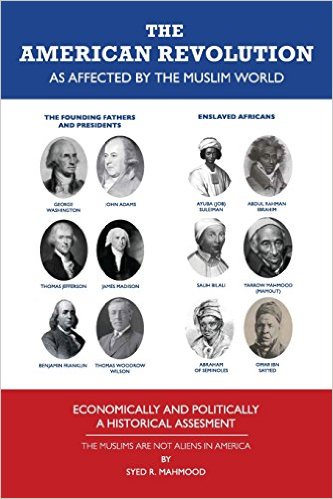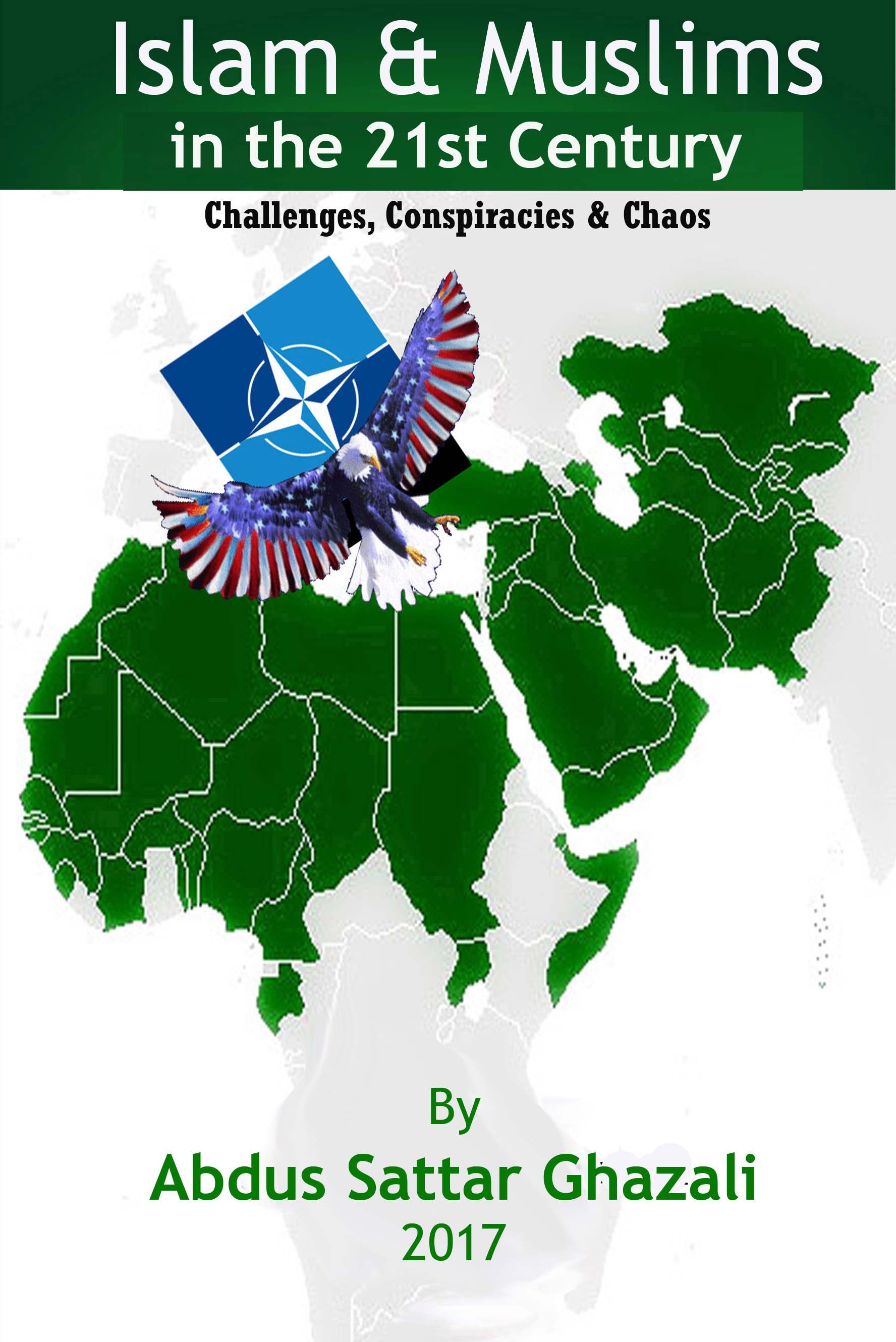Berkeley University study of Islamophobia in India highlights plight of Muslims
Anti-Conversion Laws and Ghar Vāpasī
. “Ghar vāpasī signaled a synchronized vocabulary of anti-conversion by the BJP and of reconversion by the VHP and Dharm Jagran Samiti, an affiliate of the Rashtriya Swayamsevak Sangh” (Gupta, 2018, p. 291).
“Ghar vāpasī has been touted as the return to authentic origins, the starting point, the abode of birth. It produces and enforces notions of a primordial religious identity, whereby all and everyone are declared Hindus. Thus states Praveen Togadia of the VHP: “At one point of time, the entire world was Hindu. There were seven billion Hindus, and now there are just one billion.” The shift from the whole world to the Hindu nation is swift, as ghar vāpasī denationalizes Islam and Christianity, facilitating their “othering”.
Further, a “common thread that links both ‘love jihad’ and ghar vāpasī is the obsession with the numerical strength of Hindus. The numbers game, and constructed fears around it, has been central to the modern politics of Hindutva...religious conversions have been regarded as not only challenging an established community’s assent to religious doctrines and practices, but also altering demographic equations and producing numerical imbalances”.386 Religious conversions and re-conversions, two sides of the same coin, have thus acquired political prominence in more contentious ways at the end of 2014. This can be connected directly to discourses around ‘love jihad’, whereby Hindu nationalists have responded to the perceived problem of Hindu women marrying outside their community by introducing, and in some states, implementing anti-conversion Laws, named “Freedom of Religion” Acts. The Hindu Right have introduced anti-conversion laws in an attempt to control ‘forced conversions’, and claim to have no objection to ‘voluntary’ conversions. Despite this claim that the laws only target ‘forced conversions’, an increased number of Indian states have written laws that make it virtually impossible for Hindus to convert to other religions, particularly Abrahamic faiths. These laws have been passed by six legislatures in Chhattisgarh, Himachal Pradesh, Gujarat, Rajasthan, Madhya Pradesh, Arunachal Pradesh and Odisha. These laws generally require government officials to assess the legality of conversions and disbar conversions by use of “force,” which is defined as a show of force or threat of injury or threat of divine displeasure or social ex-communication. Infringement of these laws results in fines and imprisonment for anyone who uses force, fraud, or “inducement” to convert another.388 Alternatively, inter-religious couples who wish to marry without conversion, must apply one-month in advance under the ‘Special Marriage Act’ where the legality of their marriage is assessed, and often dismissed. Many eloping couples are afraid to apply for legal marriage under this act, and thus take conversion as the way out of utilizing this legislation.
Anti-conversion laws thus disproportionately target Abrahamic faiths, as conversion to any religion that has the concept of hell or heaven is implicitly assumed to be a forcible conversion. Further, “inducement” or “allurement” that disqualify conversions are defined to include “the offer of any gift or gratification, either in cash or in kind and shall also include the grant of any benefit, either pecuniary or otherwise.” These specifically target Christian missionaries whose schools, hospitals and other charitable works provide free services to all, including non-Christians. Although the anti-conversion laws do not explicitly ban conversions, in practice these laws both by their design and implementation, infringe upon the individual’s right to convert, favor Hinduism over minority religions, and represent a significant challenge to Indian secularism. Most laws require that government be notified of the conversions 30 days in advance. If the government official determines that the conversion was forced then the guilt is liable to a punishment of up to three years’ imprisonment, which is seven years in the case of tribals. Despite thousands of Christians and Muslims being converted to Hinduism, not one case of forced conversion is known to have been applied to conversions into Hinduism.393 As Gupta highlights: “when a Hindu man marries a Muslim woman, it is always portrayed as “romance” and “love” by Hindu organizations, while when the reverse happens it is depicted as “coercion”.394 An explicit example of this double-standard is reflected in the 2008 ethnic cleansing of a Christian population from Kandhamal in Odisha in 2008 by Hindu ultra-nationalist militias, who were only allowed to return on the condition that they renounce Christianity.395 Despite this example, there remain no cases of forced conversion applied on the Hindu groups or individuals. These laws are therefore critiqued as being one-sided, only concerned with conversions away from Hinduism but not toward Hinduism. Sample cases relating to conversion are provided in the table below, including preventing conversion to Islam, threats against other religious groups, such as Christians to convert to Hinduism, and attacks against a Church on the basis of alleged forced conversions to Christianity.
Hindu nationalist groups have been able to operate such assertive Ghar Vāpasī campaigns targeting minorities for conversion with apparent impunity. These so-called ‘homecomings’ are justified by the RSS as ‘reconversions’ on the basis that their predecessors were themselves supposedly converted from Hinduism through proselytization or force by other ‘foreign’ religions, including Islam. Observers note that these laws create a hostile and, on occasion, violent environments for religious minority communities because they do not require any evidence to support accusations of wrongdoing. Despite the shortcomings of these laws, BJP President Amit Shah has advocated for a nationwide anti-conversion law. In spite of the absence of credible data to support laws restricting religious conversions in India, there are voices within the government which have called for a national anti-conversion law. In April 2015, for example, Union Home Minister Rajnath Singh of the BJP called for a national level anti-conversion law, ostensibly to protect communal harmony, though critics have pointed out that this would violate basic religious freedoms.
On the flipside, Ghar Vāpasī or Conversion to Hinduism ceremonies are initiated on the view that all individuals born in India are Hindus by default, even if their communities have practiced other faiths for several generations.
“Ghar vāpasī has been touted as the return to authentic origins, the starting point, the abode of birth. It produces and enforces notions of a primordial religious identity, whereby all and everyone are declared Hindus. Thus states Praveen Togadia of the VHP: “At one point of time, the entire world was Hindu. There were seven billion Hindus, and now there are just one billion.” The shift from the whole world to the Hindu nation is swift, as ghar vāpasī denationalizes Islam and Christianity, facilitating their “othering.”
There have been ongoing reports of Ghar Vāpasī ceremonies in 2017, although their number and nature were impossible to confirm. In 2014, following the BJP national victory, the RSS announced plans to “reconvert” thousands of Christian and Muslims families to Hinduism as part of a so-called Ghar Vāpasī (returning home) program, and began raising money to do so.
The Dharm Jagran Samiti (Religious Awakening Council) is an RSS-VHP affiliate dedicated to converting Muslims and Christians to Hinduism. According to a report by India Today, this organization said it would expedite its Ghar Vāpasī campaign: “Muslims and Christians don’t have any right to stay here [in India],” one of its leaders said in December 2014. “Our target is to make India a Hindu nation by 2021… Muslims and Christians must convert to Hinduism “if they want to stay in this country”.
This statement is connected to the organizations’ claims that they converted 57 Muslim families to Hinduism in Uttar Pradesh. Such conversion ceremonies have led to panic among Muslims and the displacement of Muslim communities from their homes. However, after domestic and international outcry, the RSS postponed its plans. Nevertheless, in its annual report presented of 2015, the VHP claimed to have converted nearly 34,000 people to Hinduism over a year and “prevented” nearly 49,000 Hindus from converting to other religions.
These conversions and “preventions” were carried out in the states of Odisha, Gujarat, Chhattisgarh, Jharkhand and Assam. The Dharm Jagran Samiti also distributed pamphlets for its fundraising drive where the cost of converting a Muslim was fixed at Rs. 500,000 ($7,500) and of converting a Christian at Rs. 200,000 ($3,000). BJP MP Satish Gautam welcomed the announcement. Smaller-scale forced conversions of religious minorities were also reported in 2016. In addition, in February 2016 the RSS reportedly placed signs in train stations throughout India that said Christians had to leave India or convert to Hinduism or they will be killed by 2021.
As Gupta highlights, the language of Ghar Vāpasī is not motivated by a desire to promote spirituality and religious values but is imbued with a strong anti-Christian and anti-Muslim conviction and passion, adopting language that frames all other religions as anti-national, and in a domain of exile. Further, it adopts a language that views all non-Hindu religions as anti-national, and thus exacerbates the othering of non-Hindu religious groups, such as Muslim in India. Simultaneously, anti-conversion and reconversion campaigns, along with ‘love jihad’, fortify Hindutva politics around religious identities and boundaries, and impose a creed of Hindu masculinity and violence, particularly against women.
Four Sample Cases relating to Conversion in India
1. In September 2014, in Shivpuri, Mad- hya Pradesh, Members of the Bajrang Dal and VHP put pressure on district officials to reject nine Hindu Dalits’ petitions to convert to Islam.
2. In December 2014, in Madhunagar, Uttar Pradesh, RSS-related groups, the Dharma Jagran Samanvay Vibhag and Bajrang Dal, converted 200 Muslim persons to Hinduism. The new converts later stated they had been misled, told that they were receiving help to get ID cards.
3. In February 2016, Across India the RSS allegedly put up threatening signs across India in train stations stating Christians need to convert to Hinduism or leave the country by 2021, or risk death.
4. In April 2017, in Maharajganj, Uttar Pradesh, members of the group Hindu Yuva Vahini called police to a Christian church by alleging forced conversions, causing disruption to a prayer service involving Ukrainian and U.S tourists. While Hindu Yuva Vahini members surrounded the church during the disruption, the police visit found no evidence of forced conversions.

The Journal of America Team:
Editor in chief:
Abdus Sattar Ghazali
Senior Editor:
Prof. Arthur Scott
Special Correspondent
Maryam Turab
Your donation
is tax deductable.



